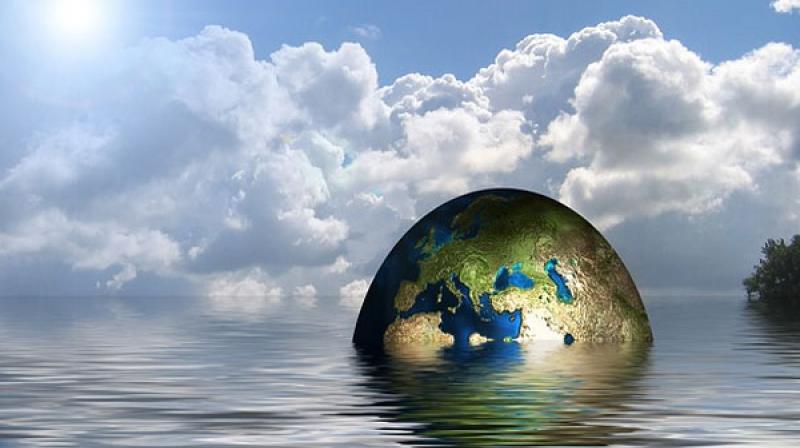Climate change impact on animals 'under-appreciated': study
Endangered primates and elephants are among the groups squeezed hardest by global warming.

Paris: Nearly half of endangered land mammals and a quarter of birds are already harmed by climate change -- a much higher segment than previously thought, researchers have found.
Endangered primates and elephants are among the groups squeezed hardest by global warming, partly because they reproduce slowly and take longer to adapt to rapid environmental changes, they reported. While most studies seek to predict global warming's future impact on animal survival, the new analysis found that
for "large numbers" of threatened species, the damage was already being done.
The data suggests that "the impact of climate change on mammals and birds in the recent past is currently greatly under-appreciated," according to a study in the journal Nature Climate Change this week. Researchers had amassed data from 136 previous studies looking at 120 mammal and 569 bird species.
They compared documented changes in climate with growth or decline in population size, geographic range, reproductive and survival rates and body mass. The team then extrapolated the data to all land mammals and birds listed as threatened by the International Union for Conservation of Nature (IUCN). Of the 873 listed mammal species, 414 (47 percent) have likely "responded negatively" to climate change, and 298 (just over 23 percent) of 1,272 birds, the researchers found.
Climate change can affect animals by limiting food and water, spreading disease and shrinking living space. Only seven percent of mammals and four percent of birds identified by the study were coded on the IUCN Red List as threatened by "climate change and severe weather", the authors said.
"We recommend that research and conservation efforts give greater attention to the 'here and now' of climate change impacts on life on Earth," the researchers said. "Conservation managers, planners and policy makers must take this into account in efforts to safeguard the future of biodiversity."
In December 2015, 195 nations adopted the Paris Agreement to limit average global warming to "well below" two degrees Celsius (3.6 degrees Fahrenheit) over pre-Industrial Revolution levels. This would be achieved by curbing planet-heating greenhouse gases from burning coal, oil and gas.
But scientists warn that 2C is already too high, and that the world is on track for warming even beyond that, with disastrous consequences for life as we know it.

